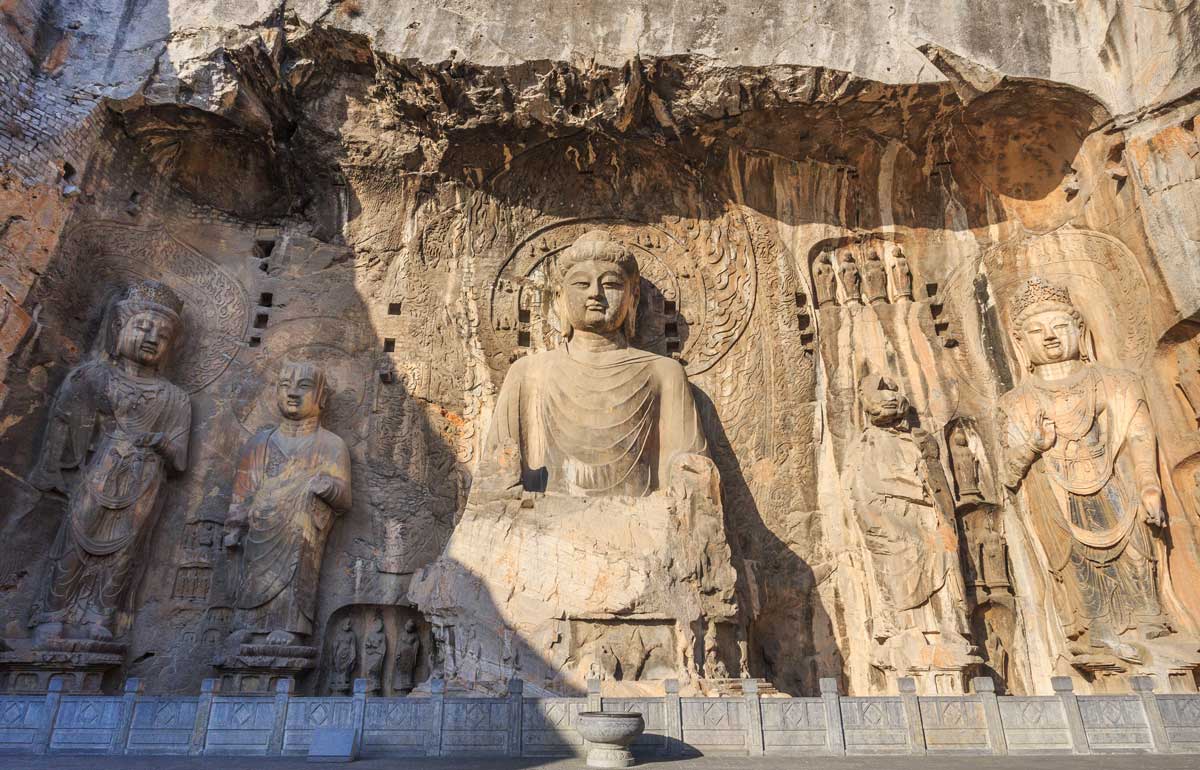On the Spot: Jessey J.C. Choo - 2 minutes read

Why are you a historian of medieval China?
Because becoming a historian of ancient Japan was not an option.
What’s the most important lesson history has taught you?
That history is an illusion, as with everything that changes.
Which history book has had the greatest influence on you?
It depends on the topic I am working on.
What book in your field should everyone read?
Mine?
Which moment would you most like to go back to?
The year 690, during which Wu Zetian (624-705), the only woman in Chinese history to rule as an emperor (a title for male sovereigns only), took the throne and started her own dynasty.
Which historian has had the greatest influence on you?
Michel de Certeau.
Which person in history would you most like to have met?
The wife of Confucius.
How many languages do you have?
English; classical and modern Chinese; modern and Sino-Japanese; and French (with a dictionary).
What historical topic have you changed your mind on?
Patriarchy. I know now that it only ever seemed inevitable and has never been indomitable.
What is the most common misconception about your field?
That there was no ‘medieval’ China.
Which genre of history do you like least?
Any history that does not tell a story.
What’s the most exciting field in history today?
Global medieval studies and any history that has yet to be written.
Is there an important historical text you have not read?
The Bible in its entirety.
What’s your favourite archive?
My work involves no archive, but newly excavated texts.
What’s the best museum?
Usually whichever one I last visited.
What technology has changed the world the most?
The internet.
The Mediterranean or the Indian Ocean?
It’s a toss up.
Historical drama or documentary?
Drama.
The Parthenon or Machu Picchu?
The Parthenon (only because it is easier to get to).
What will future generations judge us most harshly for?
How we use history to cancel history.
Jessey J.C. Choo is Associate Professor of Chinese History and Religion at Rutgers University and author of Inscribing Death: Burials, Representations, and Remembrance in Tang China (University of Hawai‘i Press, 2022).
Source: History Today Feed